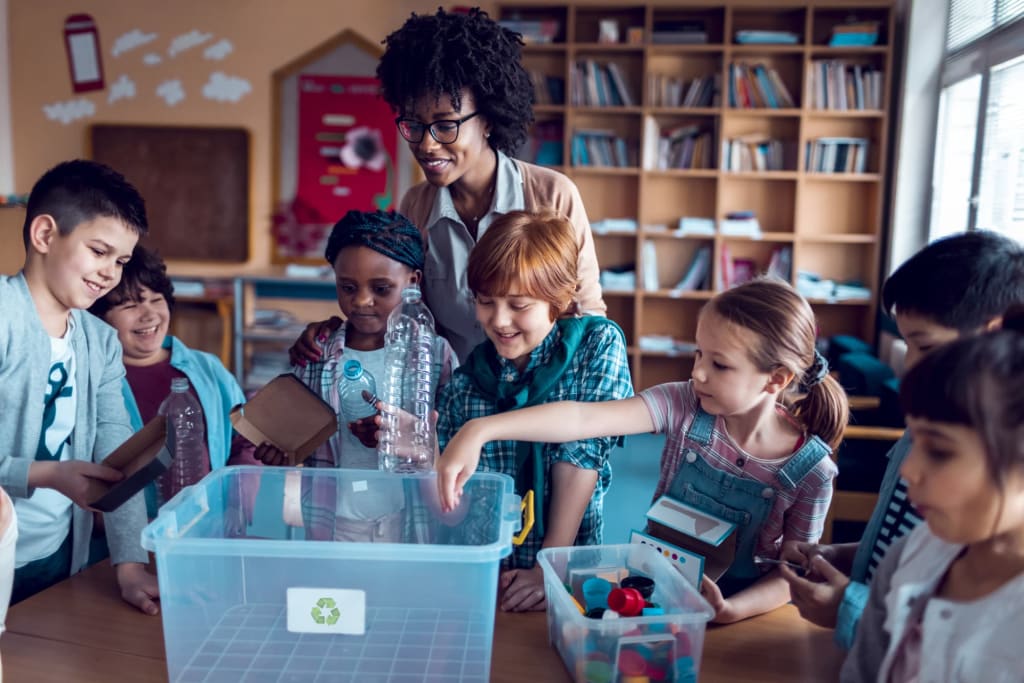A Bachelor’s in Early Childhood Education program is designed to provide students with the knowledge and skills needed to work with young children in educational settings. This program typically includes a combination of coursework, field experiences, and practical training to prepare graduates for careers as teachers, administrators, or advocates for young children.
In a Bachelor’s in Early Childhood Education program, students can expect to take a variety of courses that cover topics such as child development, curriculum design, classroom management, and educational psychology. These courses are designed to help students understand the unique needs and abilities of young children and to develop effective teaching strategies for working with this age group.
Some of the specific courses that students may take in a Bachelor’s in Early Childhood Education program include:
1. Child Development: This course typically covers the physical, cognitive, social, and emotional development of children from birth through adolescence. Students will learn about different theories of child development and how these theories can inform teaching practices.
2. Early Childhood Curriculum: This course focuses on designing and implementing developmentally appropriate curriculum for young children. Students will learn about the various approaches to early childhood education, such as play-based learning, emergent curriculum, and project-based learning.
3. Classroom Management: This course teaches students strategies for creating a positive and productive learning environment for young children. Students will learn how to set clear expectations, establish routines, and manage behavior effectively.
4. Literacy and Language Development: This course covers the foundational skills of literacy and language development in young children. Students will learn about phonemic awareness, vocabulary development, and reading comprehension strategies.
5. Assessment and Evaluation: This course focuses on methods for assessing children’s learning and development. Students will learn how to use a variety of assessment tools, such as observations, checklists, and standardized tests, to track children’s progress and inform instruction.
In addition to these core courses, students in a Bachelor’s in Early Childhood Education program may also have the opportunity to take elective courses in specialized areas such as special education, bilingual education, or early childhood policy and advocacy. Field experiences, such as student teaching or internships, are also typically required to provide hands-on experience working with young children in educational settings.
Overall, a Bachelor’s in Early Childhood Education program is designed to prepare graduates to be effective educators and advocates for young children. By taking a combination of coursework, field experiences, and practical training, students will develop the knowledge and skills needed to support the growth and development of young children in a variety of educational settings.
